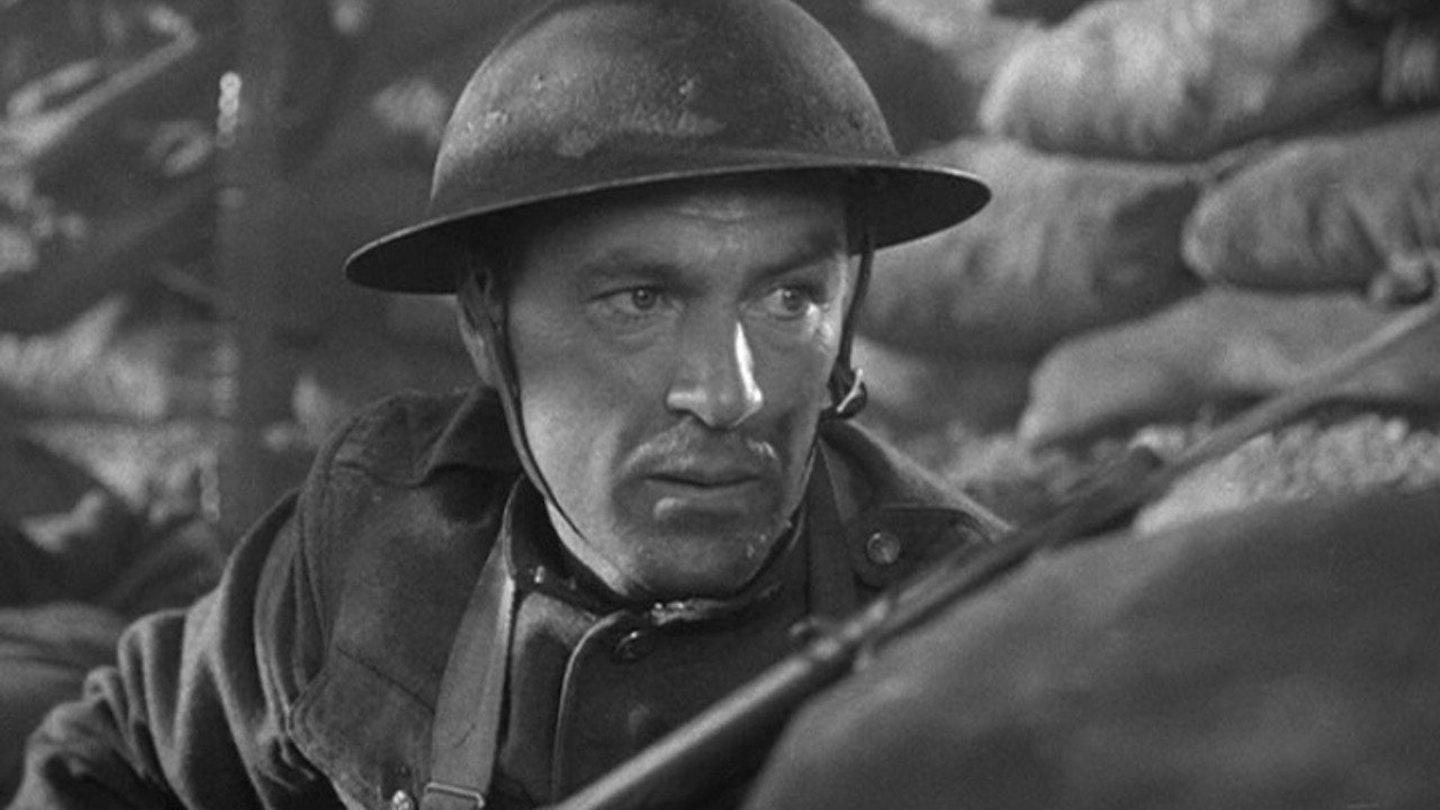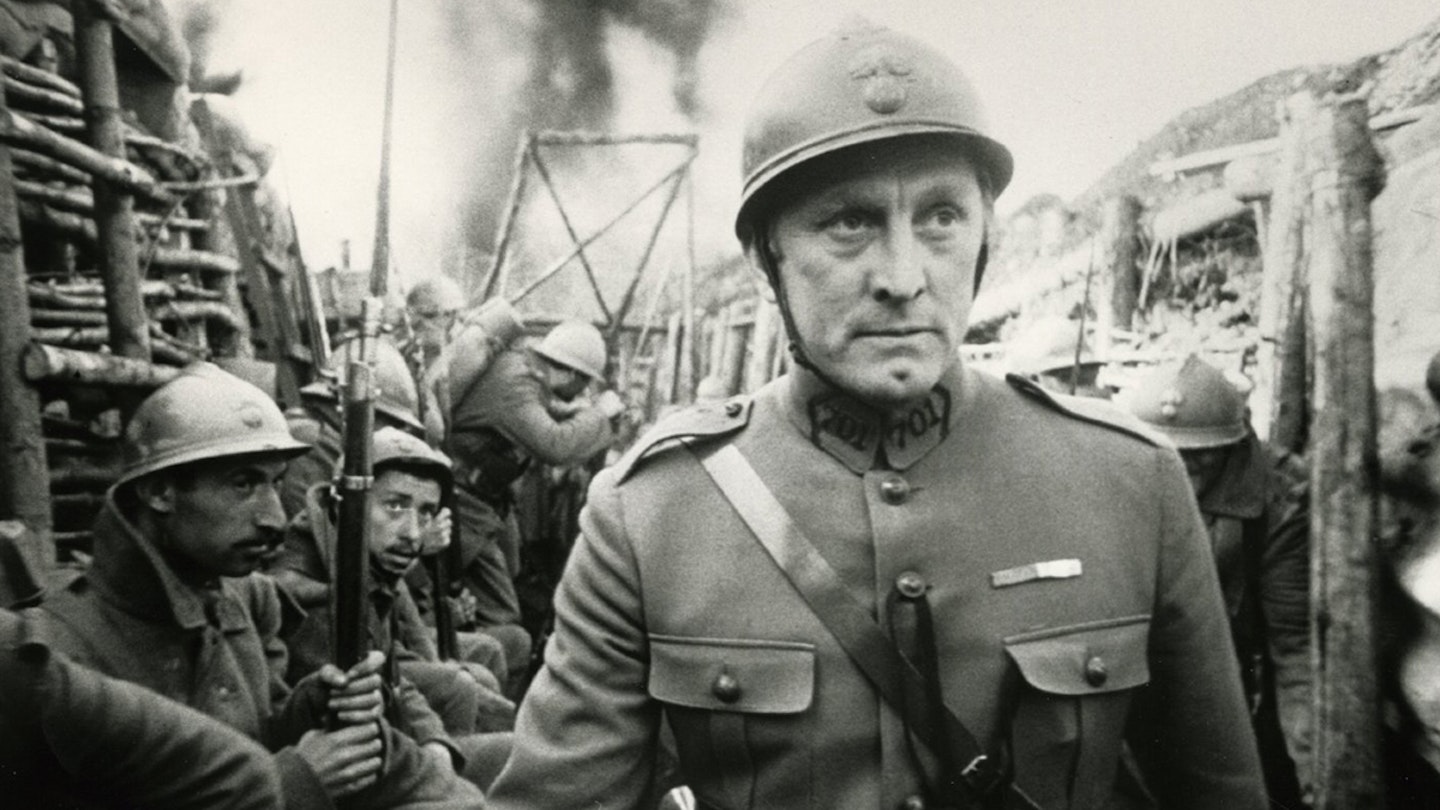From the moment he saw Alvin York at the Armistice Day Parade in New York in 1919, producer Jesse Lasky was determined to make a biopic of the man who had led Company G, 328th Infantry of the 82nd (All-American) Division through the Meuse-Argonne offensive and single-handedly killed 20 and captured 132 Germans in a raid on a machine-gun emplacement. However, the Tennesseean was a reluctant hero, who had already turned down movie stardom to return to his mountain community, and he only consented after the outbreak of the Second World War.
York insisted on certain terms, however. In addition to his share of the profits going towards the founding of a Bible school, he wanted his wife, Gracie, to be played by a non-smoking actress (Joan Leslie was chosen, although Howard Hawks wanted Jane Russell), while he was to be portrayed by Gary Cooper. Coop was initially against the idea, but agreed after meeting York on his farm and hearing first-hand the pacifist's reasons for becoming a warrior.
Coop was keen for Hawks to direct, but he only landed the assignment after Warners failed to persuade Michael Curtiz, Henry Koster, Henry Hathaway, Victor Fleming and Norman Taurog. Yet this was a classic Hawksian subject, as York epitomised the kind of uncompromising individual that the director most admired - whether taking odd jobs to buy the parcel of bottom land, undergoing basic training or striding across No Man's Land. Moreover, the boot camp and trench sequences enabled Hawks to revisit his perennial theme of the cameraderie between professional men dedicated to their cause.
However, the majority of the action concerned York's Damascene conversion from feckless rebel to abstemious sodbuster and Hawks wisely eschewed John Ford's brand of roistering folksiness to make the Western Front sequences seem more like a philosophically justified sacrifice than mere gung-ho heroics.
Not all the critics agreed, however, and Isolationists decried the picture's obvious propagandist purpose. But it landed 11 Oscar nominations (although only Coop and editor William Holmes were successful) and became one of the most popular films of the war

